Secured vs. Unsecured Loans: Which One Should You Choose in 2025?
When you need to borrow money—whether it’s for a home, car, business, or personal reasons—you’ll come across two types of loans: secured loans and unsecured loans. Both serve different financial needs and come with their own pros and cons.
In this guide, we’ll break down the differences between secured and unsecured loans, when you should use one over the other, and what factors to consider before applying in 2025.
🔍 What Is a Secured Loan?
A secured loan is backed by collateral—something valuable that you pledge to the lender in case you can’t repay the loan. This could be your:
- House (for a home loan)
- Car (for an auto loan)
- Property (for a loan against property)
- Fixed deposit or gold (for gold loans or secured personal loans)
If you fail to repay, the lender has the legal right to seize the asset to recover their money.
🔓 What Is an Unsecured Loan?
An unsecured loan, on the other hand, doesn’t require any collateral. The lender gives you money based purely on your credit score, income, and financial background.
Examples of unsecured loans:
- Personal loans
- Credit card loans
- Student loans (in some cases)
- Instant online loans
Because there’s more risk for the lender, these loans typically come with higher interest rates and stricter eligibility requirements.
🧾 Key Differences at a Glance
| Feature | Secured Loan | Unsecured Loan |
|---|---|---|
| Collateral Required? | Yes | No |
| Interest Rates | Lower (7%–14%) | Higher (10%–30%) |
| Loan Amount | Higher (up to ₹1 crore or more) | Lower (₹10k to ₹25 lakh) |
| Credit Score Impact | Moderate | High |
| Risk to Borrower | Asset loss on default | Legal/credit consequences |
| Approval Time | Slower | Faster |
✅ Pros of Secured Loans
- Lower interest rates: Since there’s less risk for the lender
- Higher loan amounts: Great for big purchases like a home or business
- Longer repayment terms: Up to 15–30 years for home or property loans
- Better chance of approval: Even if your credit score is low
⚠️ Cons of Secured Loans
- Risk of losing your asset if you can’t repay
- Longer approval time due to documentation and verification
- Not ideal for short-term or emergency needs
✅ Pros of Unsecured Loans
- No collateral needed: You don’t risk losing your property
- Quick approval: Some are approved within hours
- Simple documentation: Mostly just ID, income proof, and bank details
- Great for emergencies: Medical bills, urgent repairs, etc.
⚠️ Cons of Unsecured Loans
- Higher interest rates
- Lower loan amounts
- Tougher eligibility: A bad credit score can lead to rejection
- Stricter repayment terms
📊 When Should You Choose a Secured Loan?
Go for a secured loan if:
- You need a large amount of money (like ₹10 lakh or more)
- You’re comfortable offering collateral (like a property or gold)
- You want a lower interest rate and longer repayment period
- You have a low credit score, but valuable assets
Common types of secured loans:
- Home Loans
- Auto Loans
- Loan Against Property
- Gold Loans
- Loan Against FD
💼 When Should You Choose an Unsecured Loan?
Choose an unsecured loan if:
- You need money fast, such as for emergencies
- You don’t own any high-value assets
- Your credit score is strong (above 700)
- You’re borrowing a small to medium amount (under ₹10 lakh)
Popular unsecured loan options:
- Personal Loans
- Credit Card EMIs
- Education Loans (sometimes partially secured)
- Digital Instant Loans
🧠 How to Decide Which One Is Right for You
Here are some quick questions to help you decide:
- How much do you need?
- Under ₹5–10 lakh? Try unsecured.
- More than ₹10 lakh? Go secured.
- Can you offer collateral?
- Yes? You’ll get better rates with secured.
- No? Unsecured is your only option.
- What’s your credit score?
- Below 650? Secured is safer.
- Above 700? You might get good unsecured offers.
- Do you need the money urgently?
- Yes? Unsecured loans are faster.
- No? Secured loans might be worth the wait.
- What’s your repayment capacity?
- If your income is unstable, avoid unsecured loans—you could face penalties.
🛡️ What Happens If You Default?
Secured Loan Default:
- The lender can seize and sell your asset (e.g., house or gold)
- You may lose something valuable, but your credit score is not as severely impacted if resolved quickly
Unsecured Loan Default:
- No asset loss, but…
- Your credit score will take a big hit
- You may face legal notices, collection calls, and lawsuits
🧾 Final Checklist Before Applying
- ✔️ Know your credit score
- ✔️ Understand total repayment (not just EMI)
- ✔️ Ask about prepayment or foreclosure fees
- ✔️ Check if the interest is fixed or floating
- ✔️ Read the full loan agreement
💬 Final Thoughts: Choose What Matches Your Need
There’s no “one-size-fits-all” when it comes to loans. Some people benefit more from secured loans due to lower rates and larger amounts, while others need quick access to money with fewer requirements.
If you want to borrow smart in 2025:
- Evaluate your needs
- Compare both secured and unsecured options
- Don’t rush—make sure it’s a loan you can comfortably repay
Borrow responsibly, and loans can be a helpful tool—not a burden.
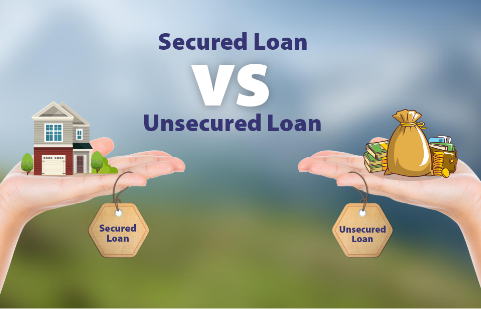
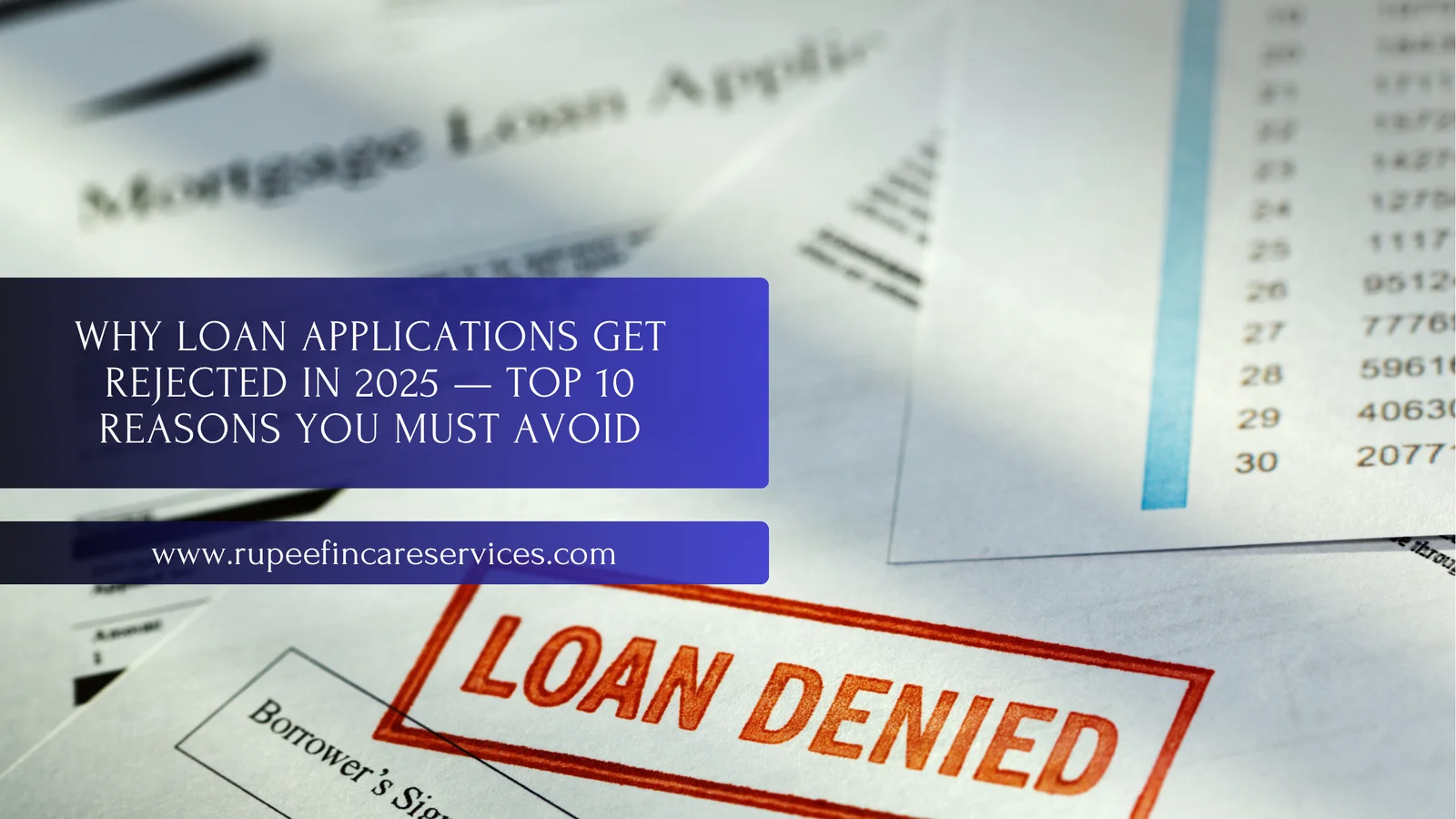
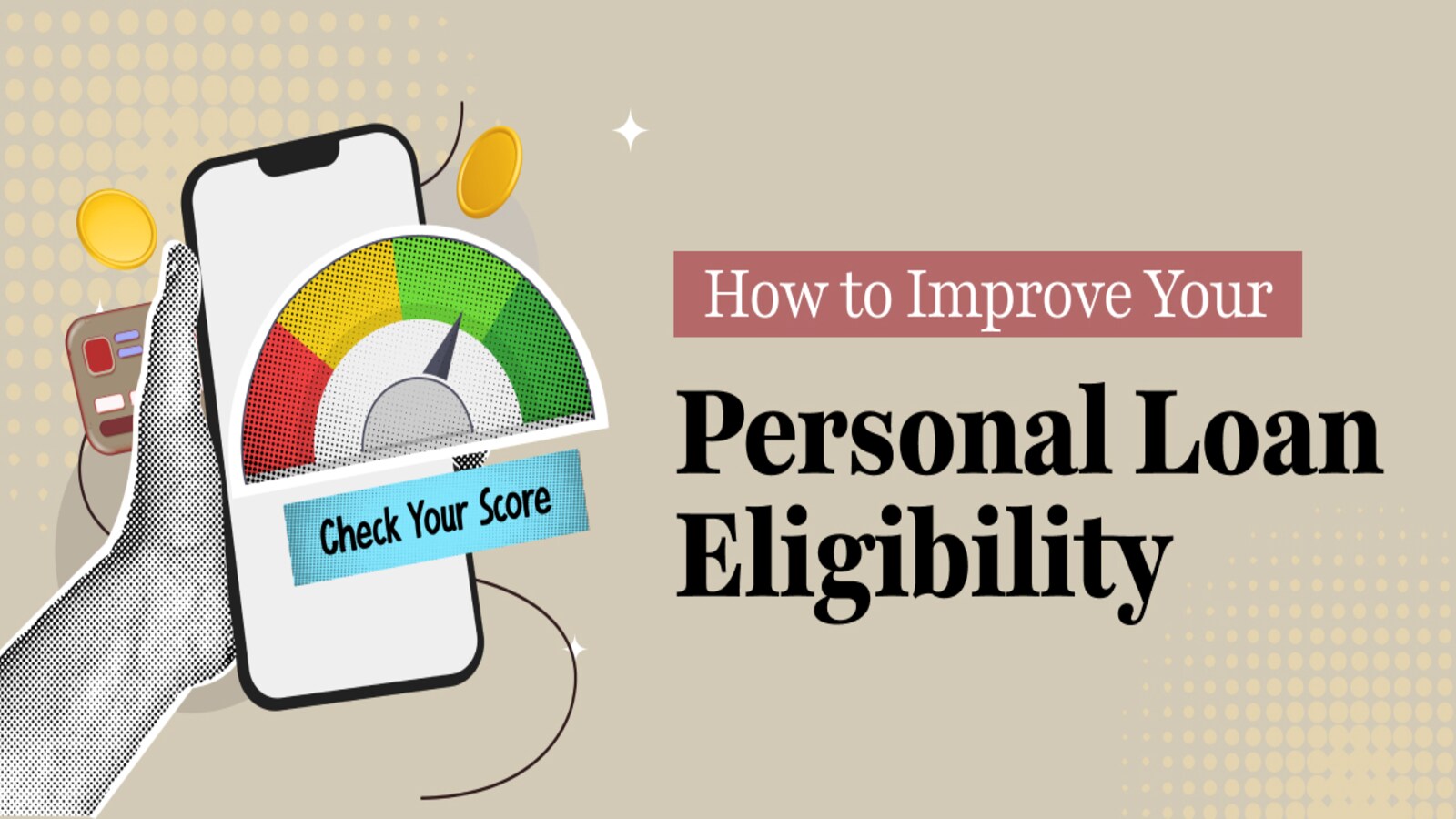
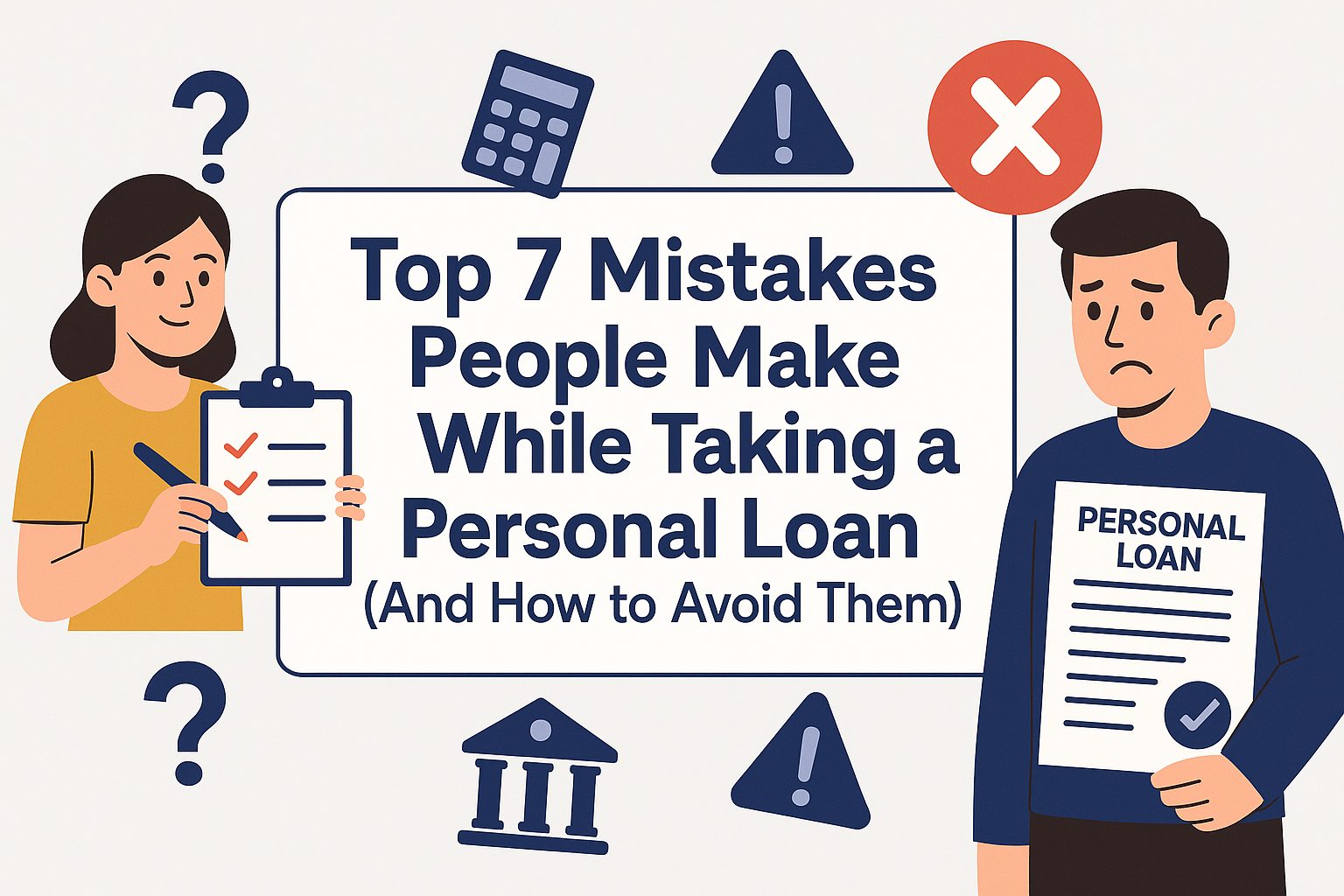
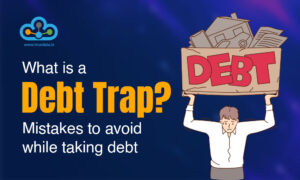

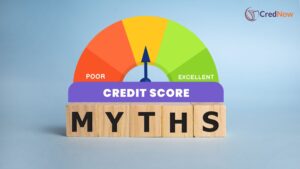


Post Comment